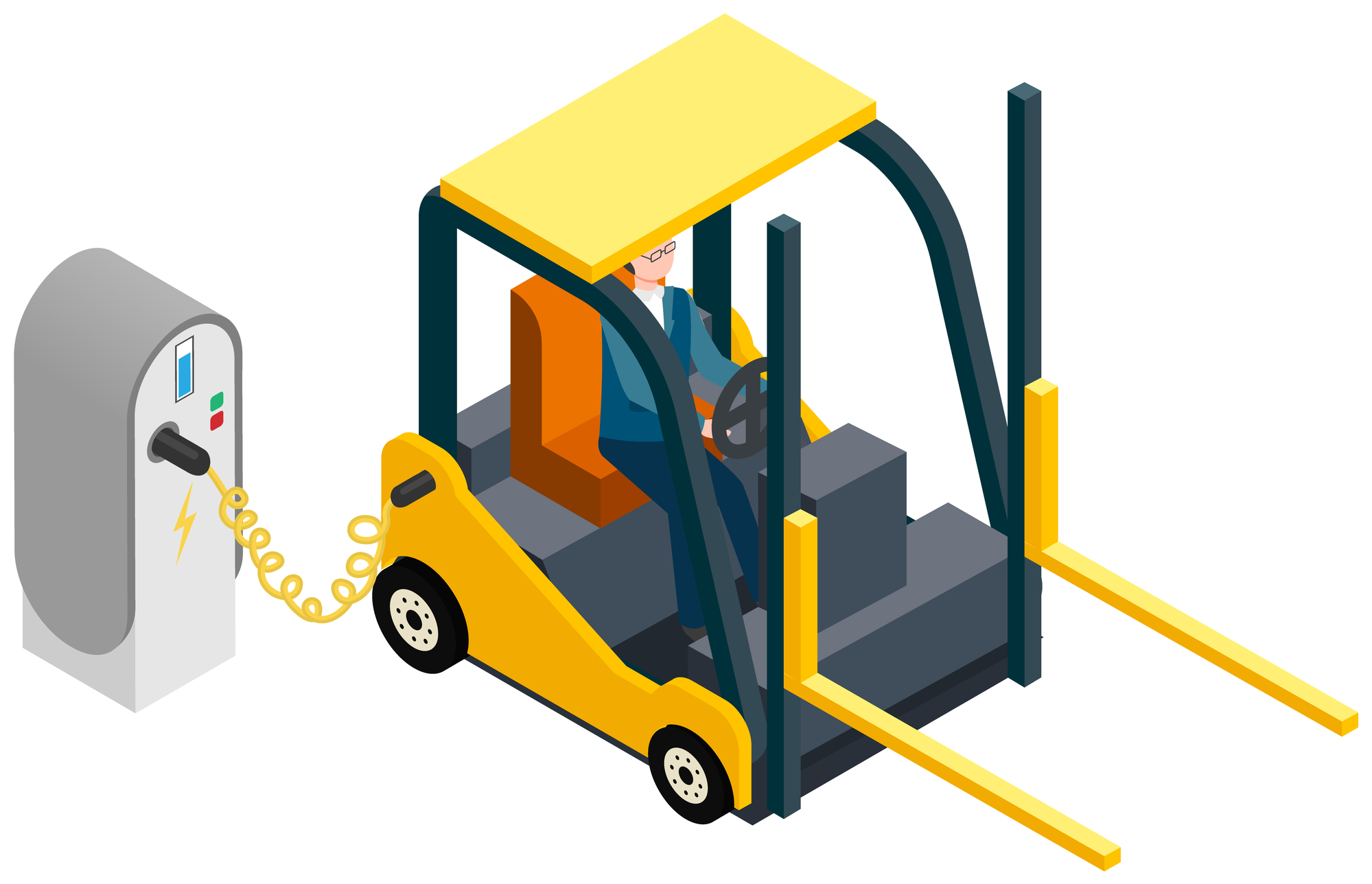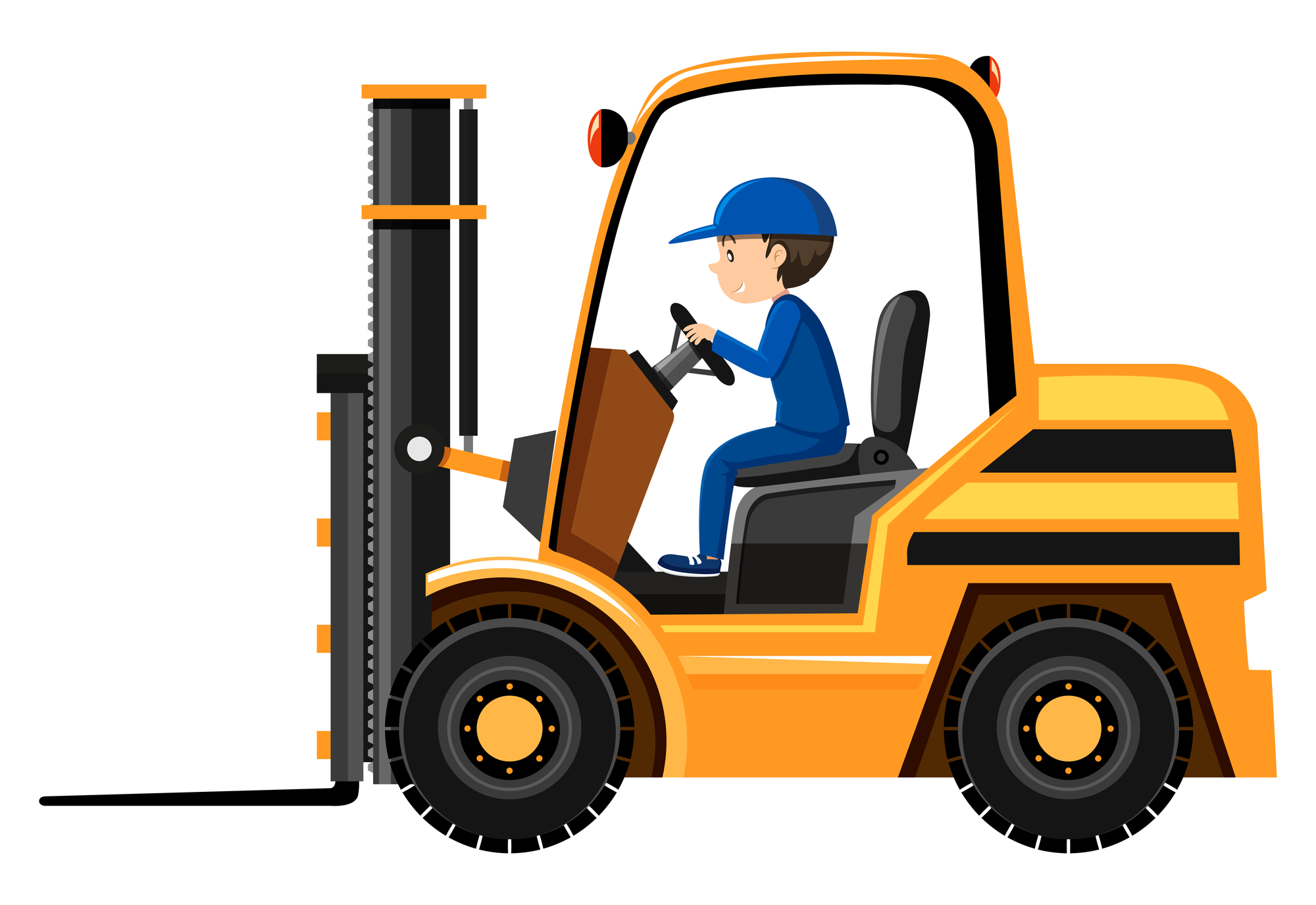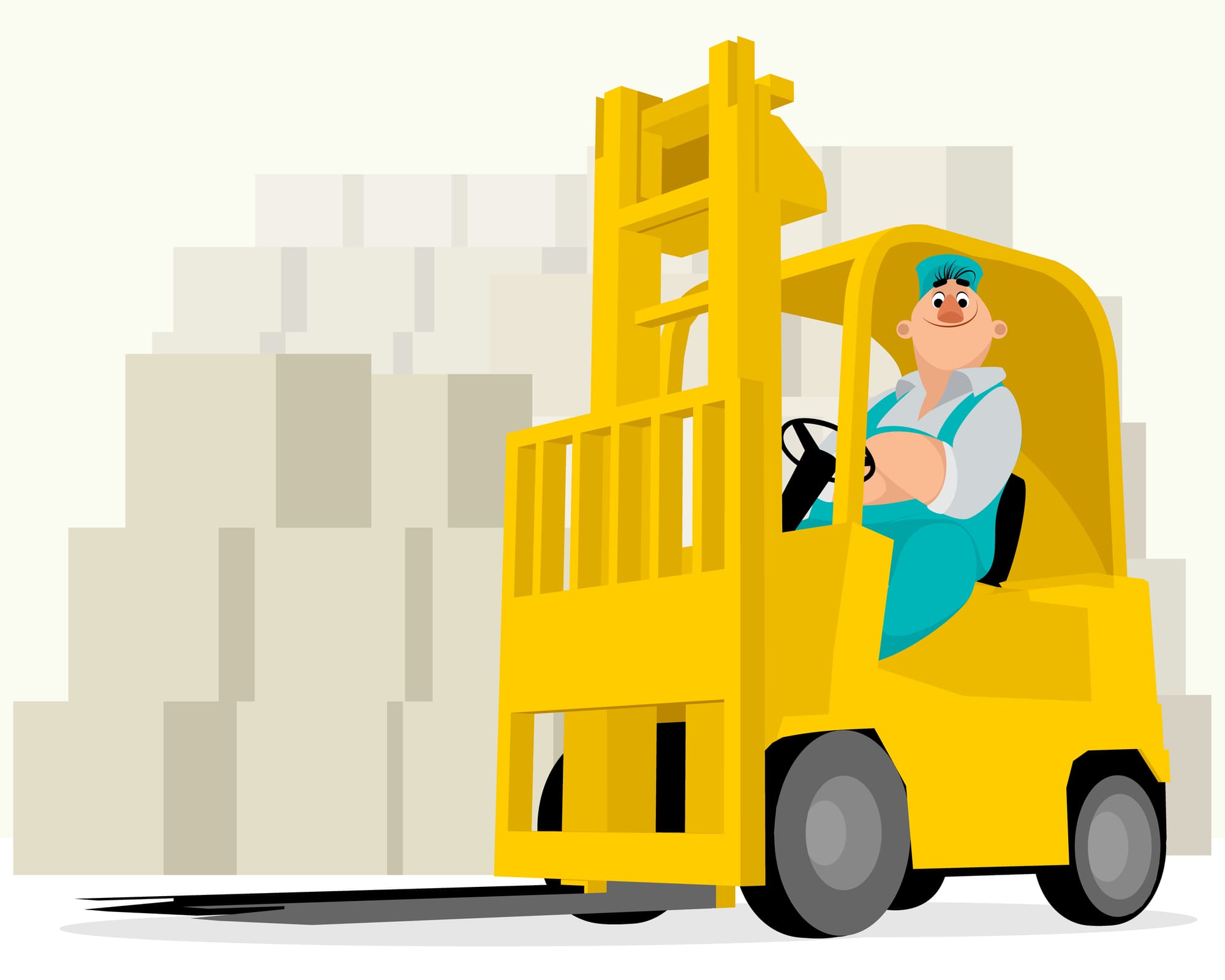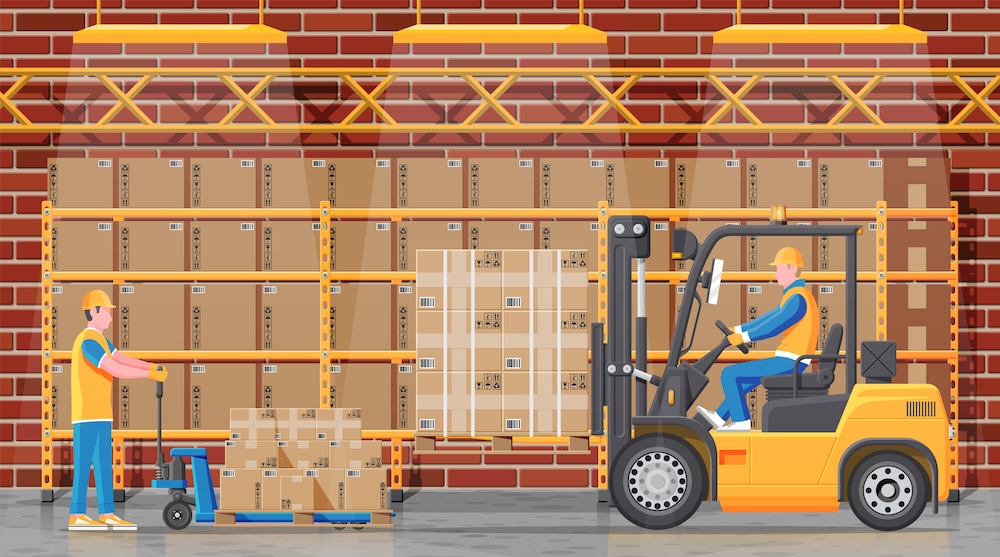Forklift Batteries 101: What You Need to Know to Get the Most Out of Your Batteries
02/27/2019
CITrucks
Most industrial forklift batteries have a life-span of about 1,500 charge cycles. That translates to about 5 years if properly maintained.
But did you know that improper maintenance and battery care can cut that lifespan in half!
There are several common mistakes that will shave years off the life of your industrial batteries. That could mean replacing them twice as often.
If you have an entire fleet of forklifts... That's going to add up to some serious cash very quickly!
But don't worry, we've got your back. We’ve created this article to help educate you how to get the most life out of your industrial forklift batteries!
Watering Industrial Batteries
Plants need water, our bodies need water, and you know what else needs water? Industrial Forklift batteries.
In order for industrial batteries to function, they need a mixture of sulfuric acid and water. This mixture is called battery electrolyte.
During the charging process, some of the water burns off. This throws off the balance of the electrolyte, leaving it too acidic. To properly maintain your batteries, you should check the water level, add water after every charge.
When adding water, make sure it is clean and free of any contaminants. Though distilled water is not always necessary, in areas with hard water, it may be the safest option.
Fill the battery to 1/4 inch above the element protector. Be careful not to overfill it. Too much water can cause damage due to expansion or boil over when the battery heats up. This is one reason why you should never add water before charging the battery, only after.
Overfilling also waters down the electrolyte mixture, causing poor performance.
Safety Tip: In the event of an overflow or spill make sure not to let the electrolyte contact your skin. If it does, use the emergency shower immediately.
For directions on how to clean the spill, see the section below on Cleaning Batteries and Spills.
Charging Forklift Batteries
Improper charging is one of the easiest ways to drastically reduce the life of your battery. Industrial batteries have a fixed number of charge cycles; charging a battery mid-cycle (or mid-shift) will waste charge cycles.
Throwing the battery on the charger whenever it seems convenient is not saving time or money. It's actually killing your batteries much faster! If the battery was only depleted a small amount, "topping it off" still costs one complete charge cycle. Because of this, it is very important to only charge the batteries once a day, at the end of the day.
There is such a thing as running the battery too low though. You should never deplete the battery to below a 20% charge. This will cause your battery to not emit enough voltage.
The battery will overcompensate with higher amperage. This causes the battery and surrounding electrical equipment to run hotter and wear out much faster. Running a battery below 20% will cause damage to both the battery and your electric forklift.
You will also want to equalize charge your batteries about every 7 charge cycles.
The cells inside wear down at different rates. Setting the charger on the equalize setting helps to correct that and extend the life of the battery.
Safety Tip: Charging industrial batteries release hydrogen gas! The charging area should be well ventilated. Be sure there is no possibility of explosion due to spark or flame as well.
Cleaning Batteries and Spills
Safety Tip: OSHA requires your employer to provide safety equipment for dealing with battery acid. This equipment should always be worn when cleaning the batteries or acid spills.
Over time, small amounts of acid will collect on the terminals and outside of the battery. The acid is highly corrosive. If left untreated it will significantly shorten the life of your battery.
If you notice white, mushroom-like deposits, that is acid corrosion. Clean it off to prevent further damage. You can clean the exterior of the battery with a mixture of water and baking soda.
Do not let this mixture get inside the battery. It will neutralize the acid inside and cause the battery to fail.
In the event of a battery acid spill follow these steps:
1. Notify other employees of the spill and cordon off the affected area.
2. If you came in direct contact with the electrolyte, use the emergency shower. If it got in your eyes, rinse for at least 15 minutes as the acid can cause serious damage and even blindness.
3. Neutralize the acid. The acid spill can and should be neutralized before being cleaned up. Use something with a basic ph level, like baking soda used when cleaning the battery.
Apply the neutralizing agent to the outside of the spill first and work inward, covering the entire area.
4. Test the ph level of the spill. Verify that the acid has been neutralized before attempting to clean the spill.
5. Soak up the spill with BHS AcidSorb or pads or pillows designed for the job. You should prepare in advance for the likelihood of a spill and have something on hand to clean it up.
If no specialized materials are available, you can use absorbing clay.
6. Seal the used absorbing materials in an acid-resistant container. Then contact local environmental authority about proper disposal policies in your area.
Do not throw the used material in the dumpster.
7. Once the spill is dealt with, clean the battery using the procedure outlined earlier.
8. File a report of the spill with your supervisor. Be thorough, when workplace safety is involved, every detail is important!
Schedule Maintenance and Keep Staff Certified
As you can see, properly maintaining your forklift batteries takes a lot of work. A well-organized maintenance schedule is important to make sure your batteries last.
Pay attention to the procedures around battery maintenance in your facility. Make it a priority with your warehouse staff. It will save your company a lot of money over time and help you get the most out of your batteries.
Contact our Certified professionals to learn all these skills and more. We can help if you need to get yourself or members of your team certified!





